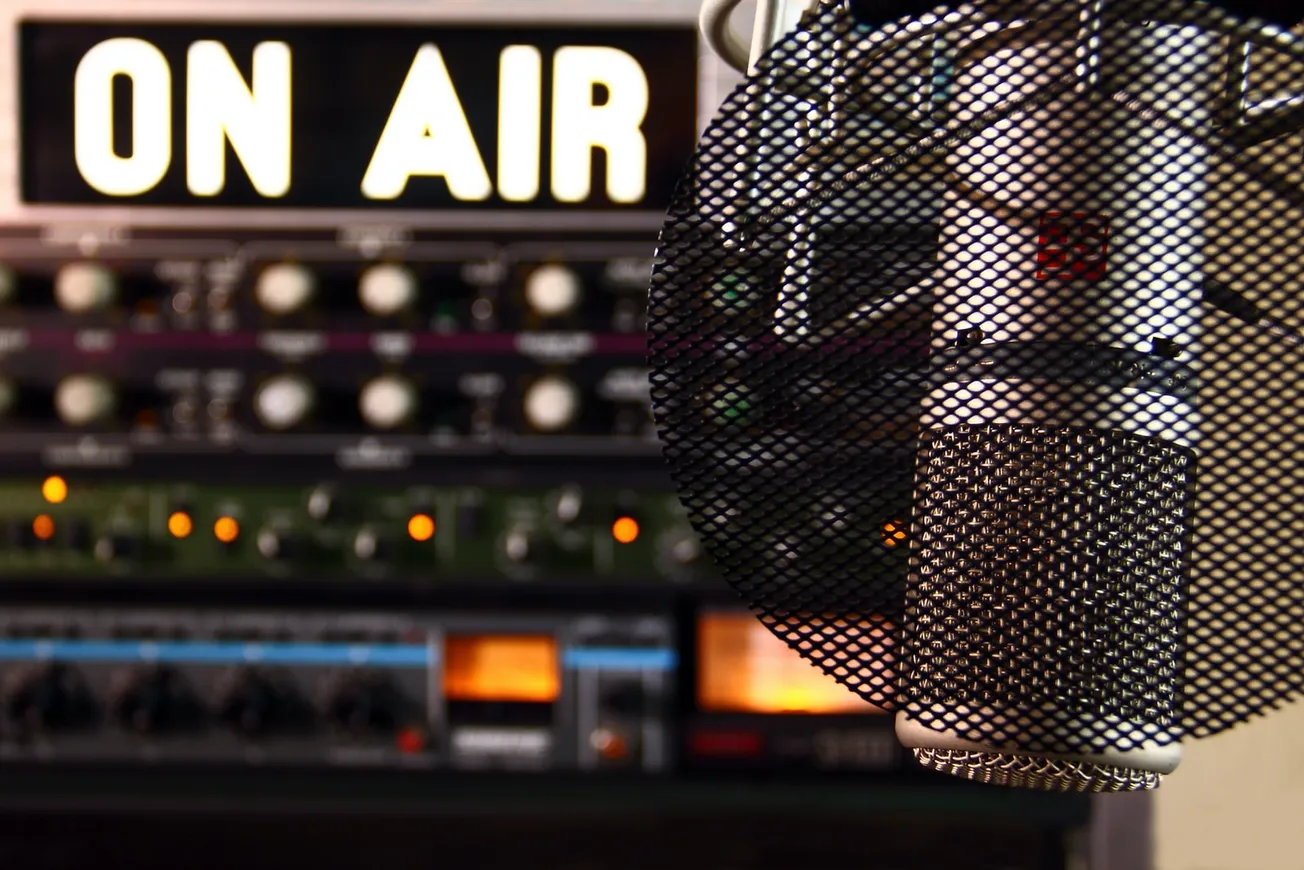Table of Contents
Come late 2023 when election time rolls round, the New Zealand voting public will have one of their most important decisions, maybe ever, to make.
Hello, it’s All things Political with John Porter on Bay FM and today I’m trying to highlight how important your decision will be in the next general election, along with trying to demystify some of the jargon we are hearing.
I firmly believe that the way we vote in the next general election will have a huge impact on our lives, our children’s lives and, quite possibly, our grandchildren’s lives.
The next election will determine the character and integrity of how we are governed and what rights we will have.
There will be a not so simple choice between voting for a democracy or allowing democracy to perish by voting for the party that is demolishing democracy and replacing it with an ethnocracy.
Democracy – A system of government by the whole population or all the eligible members of a state, typically through elected representatives. This includes the imperative, one person, one vote principle.
or Ethnocracy – A state where governance, including the distribution of power, control and your rights is based on specific ethnic factors such as your ancestry.
Ardern’s Labour Government has already set us on the dangerous pathway to an ethnocracy using two contrived validations: the spurious and fabricated fallacy that the treaty was signed as a partnership and the hugely undemocratic, all-encompassing, co-governance.
In 2018 the government created a new agency: Maori Crown Relations. At the launch, Minister Kelvin Davis announced, “The agency…will help facilitate the next step in the Treaty relationship – moving beyond the settlement of treaty grievances into what it means to work together in partnerships.”
That agency was charged with developing a new engagement model between Maori and the public sector. It would also provide leadership across the public sector on other matters “including the constitutional and institutional arrangements supporting partnerships between the Crown and Maori”.
This was the genesis of the partnership fallacy, and its work continues, unconstrained today.
Co-governance arrogantly dispenses with the time-honoured principle of 1 person, 1 vote.
Co-governance would distribute decision-making power to the NZ population as follows:
50% to all non-Maori persons and 50% to all proclaiming to be of Maori ancestry.
Co-governance for just 17% of the entire population?
But the sinister and never mentioned aspect of Co-governance is that it confers the power of veto to the group proclaiming to be of Maori ancestry.
This is the absolute power to block, stop and finally control. Full control in the hands of the minority! Full control by 17% of the NZ population!
No decisions can be made without the approval of iwi. In effect iwi, through the veto right, would eventually be in control of all New Zealand!
Full control is what Ardern’s Government have bestowed on Maori, wrapped up in the bullshit terminology “co-governance”!
Want an up-to-date, simple, classic example of how Co-governance works?
Then look no further than Auckland’s Hauraki Gulf Management Plan. The Department of Conservation propose that specific zones would be “no-take” fishing areas. However, Maori would be exempt from this ruling.
Now let’s have a quick look at the treaty.
The Treaty of Waitangi was signed on 6 February 1840 by Captain William Hobson and Maori chiefs from the North Island of NZ. It has become a document of central importance to our history.
The treaty has played a major role in framing the political relations between New Zealand’s Government and the Maori population, especially from the late 20th century.
But what is not widely known is that sovereignty was not established by the Treaty – it merely gave us a tenuous connection to the Crown.
Sovereignty was established later – on the 16th of November 1840, with the signing of Queen Victoria’s Royal Charter/Letters Patent.
Letters Patent are a type of legal instrument in the form of a published written order issued by a monarch, president or other head of state: generally granting an office, right, monopoly, title or status to a person or group.
Queen Victoria’s Royal Charter/Letters Patent of November 1840 made New Zealand into an independent British Colony on the 3rd of May 1841; having its own governor and constitution to form a government to make laws, with courts and judges to enforce those laws.
All under one flag and one law, irrespective of race, colour or creed.
Many consider Queen Victoria’s Royal Charter to be New Zealand’s “true” founding document. A document that would completely remove any doubts about “partnership” or that Maori have rights different from any other New Zealand citizen.
I would wager big money the Maori caucus or activists do not want a bar of this, for it would completely extinguish the basis for nearly all their undemocratic, ethnic-centric claims!
What I haven’t spoken about, and will do in another broadcast, is the Matike Mai Report of 2016.
That report was commissioned by the Iwi Forum in 2016 following the signing of UNDRIP in 2010 by the National government.
Matike Mai was to clarify priorities for Maori self-determination and the pathways, including legislative, towards Maori sovereignty.
The call of Matike Mai starts with recognising He Whakaputanga (the parent document) which asserted the absolute authority of the tribes of this country in 1835.
Te Tiriti (the child document) affirmed the parent authority and allowed England to establish a governor over their people, within a Maori country.
It was a message to the world and their trading partners that this country was, and is, a Maori country.
Matike Mai may shock you but it clearly identifies that the goal of Maori activists is… MAORI SOVEREIGNTY.
And Ardern provides as much assistance as possible!









